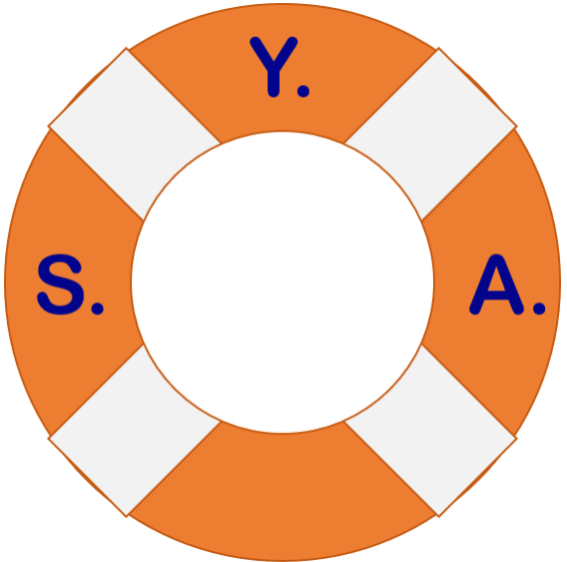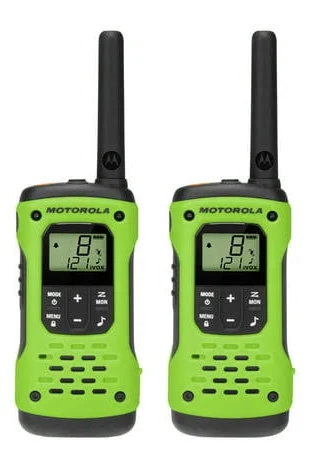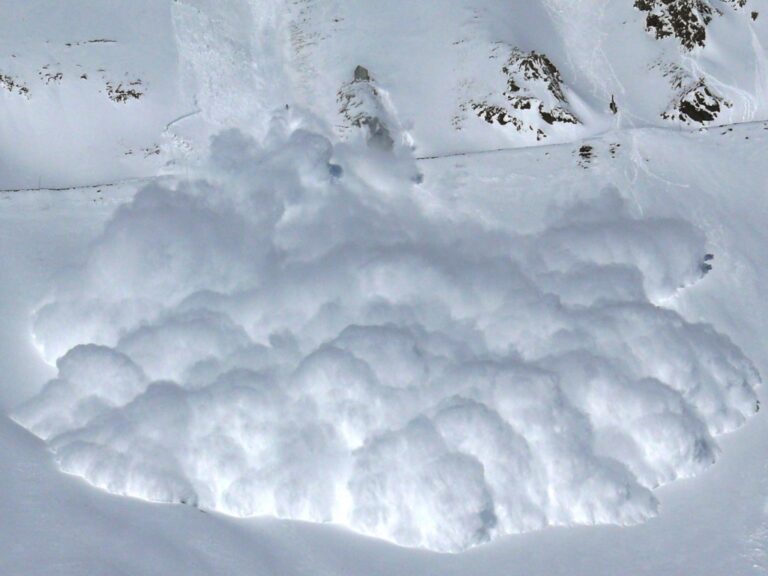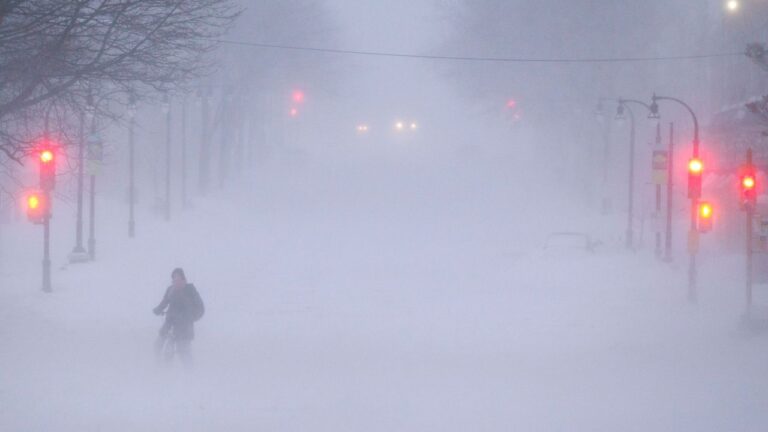Dutch Oven Season
The leaves are turning, the air is crisp and you want stay in your sleeping bag just a little longer. Fall is here. One of my favorite seasons for camping. Gone are the crowds of summer tourists and the fair-weather campers. Now is the time for hearty stews and casseroles to keep you warm and your belly filled. It is Dutch Oven season.

Truthfully, any season is Dutch oven season, but I tend to use them more in the spring and fall when the weather is still on the cool side and I don’t mind sitting by the fire, getting all smoky while tending to a delicious dish I’m preparing.
What is a Dutch Oven?
For a more detailed history of the Dutch oven, you can click here. In layman’s terms it is a cast iron roasting pan. There are two types, Bare and Enameled. Bare cast irons needs to be seasoned properly and improves over time and use. Enameled cast iron does not need seasoning and can be cleaned like a regular pot or pan; some are even dishwasher safe. Enabled pots are typically used indoors on stoves or in ovens. For the purposes of this article, I will be talking about bare cast iron that is used outdoors over campfires and charcoal.
What about aluminum?
It is true there are some aluminum Dutch ovens out in the wild. They are much lighter than cast iron and don’t have to be seasoned. They are also not as durable. Several decades ago, on a campout in late fall, one of my Scouts placed an aluminum oven into the fire only for it to literally explode into numerous pieces. Fortunately no-one was injured but the cause was the extreme temperature change. We woke up to frost on everything, including the Dutch oven. Instead of placing it near the fire to warm up slowly, the Scout just set it into the coals and it shattered into a couple dozen pieces. Not to say cast iron would not do the same thing but I have never experienced that nor had one break in 40 years of using them.
Brands
There are many players in this space with some being better than others. Lodge is considered by many to be the gold standard among bare cast iron pots. Some other brands include Camp Chef, CampMaid, Stansport, Texsport, Overmont, and Ozark Trail (Walmart).
What can I prepare in one?
You can make anything you want. There is not anything I have not seen made in one of these, from pizza, to pasta, to casseroles, stews and stir-frys. Donuts? Yep, Cinnamon rolls? You betcha. Have more than one? How about preparing an entire Thanksgiving feast? I once got to taste one that was prepared in multiple Dutch ovens. It was absolutely fantastic. I will discuss cookbooks and recipes towards the end.
One size does not fit all
They come in a variety of sizes so you can have one (or more) that meets the needs of your group, dish, or meal whether cooking for 1 or 10.
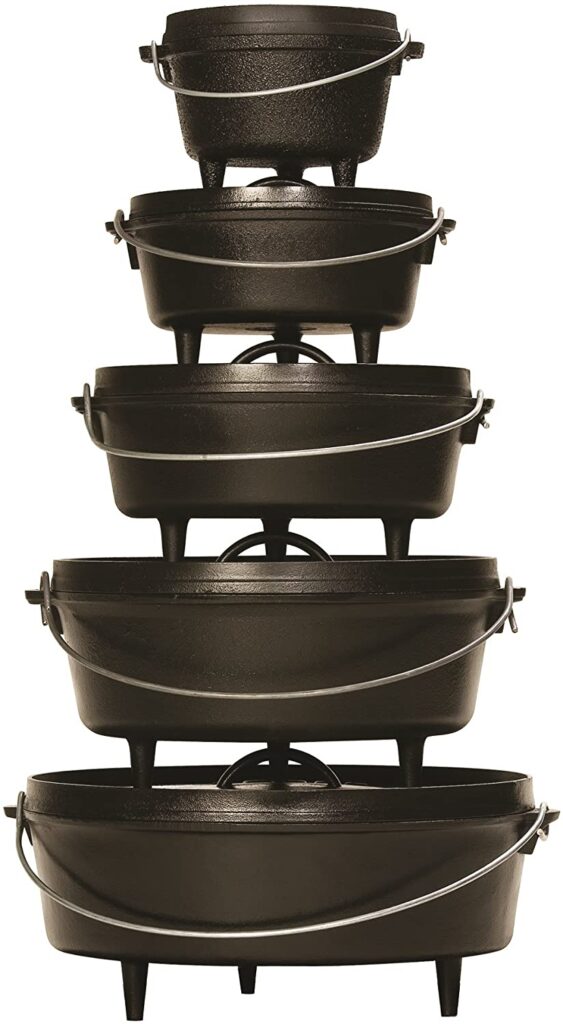
Lodge sizes
- 8″ standard 2-quart
- 10″ standard 4-quart
- 10″ deep 5-quart
- 12″ standard 6-quart
- 12″ deep 8-quart
- 14″ standard 10-quart
What to look for
Legs
Look for those with legs that allow it to be placed over hot coals. If you are going to hang the pot over the fire, you could get one without legs, but you could also hang one that has legs. I personally have always used it directly sitting on top of coals so all of mine have had legs.
Stacking
Legs also allow for stacking to maximize the use of your coals for multiple ovens. You can’t stack them hanging over the fire.

Lid with a lip
A lid with a lip keeps coals, ashes and embers on top from falling off into your food when lifting it off to stir or add more ingredients. Nothing will ruin a dish more quickly than a charcoal briquette rolling off into your stew.

Accessories
Cooking with Dutch ovens does require a handful of specialized tools to ensure the best experience and keep you from getting burned.
Lid Lifters
This is something that allows you to safely lift of the heave lid to check on your dish. Typically this is separate purchase, however, some models do come with one. There are a variety of styles and lengths so find one that works best for you.
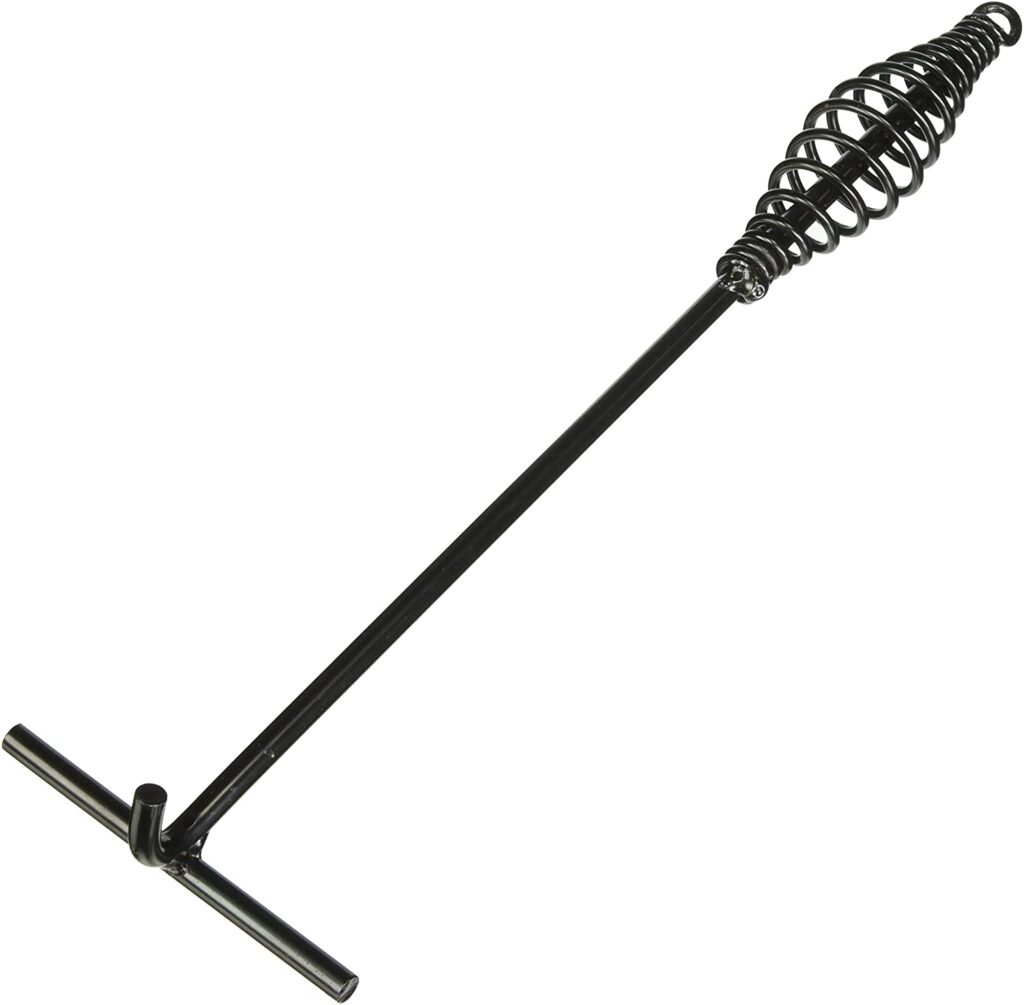
I still use my old ‘HPTs’ (Hot Pot Tongs) from my Scouting days. These lightweight aluminum pliers with the hook on the end to grab the handle make lifting hot pots into or off the fire easy. If you can find a pair, they are much more lightweight and compact than their purpose designed brethren above.

Tongs
You need to be able to pick up and move charcoal around the lid and a cheap pair of long tongs does the trick.

Lid Stand
Another very useful item is this collapsible lid stand. It is something I remember wishing I had all the time as a Scout. We would be grabbing logs or rocks that could be used to set the lid down while we checked our food so that nothing stuck to the lid and ended up in our food when putting the lid back on.

When not in use it folds flat and is reversable. Flip it upside down and invert the lid to use it as serving platter that can keep your food warm longer than a serving dish.

It can also be used as a lid lifter and cook stand.
Heat Resistant Gloves
Cast iron gets really hot. You need to exercise care when using to keep from being burned. A pair of heat resistant gloves can really help if you don’t have a lid lifter.
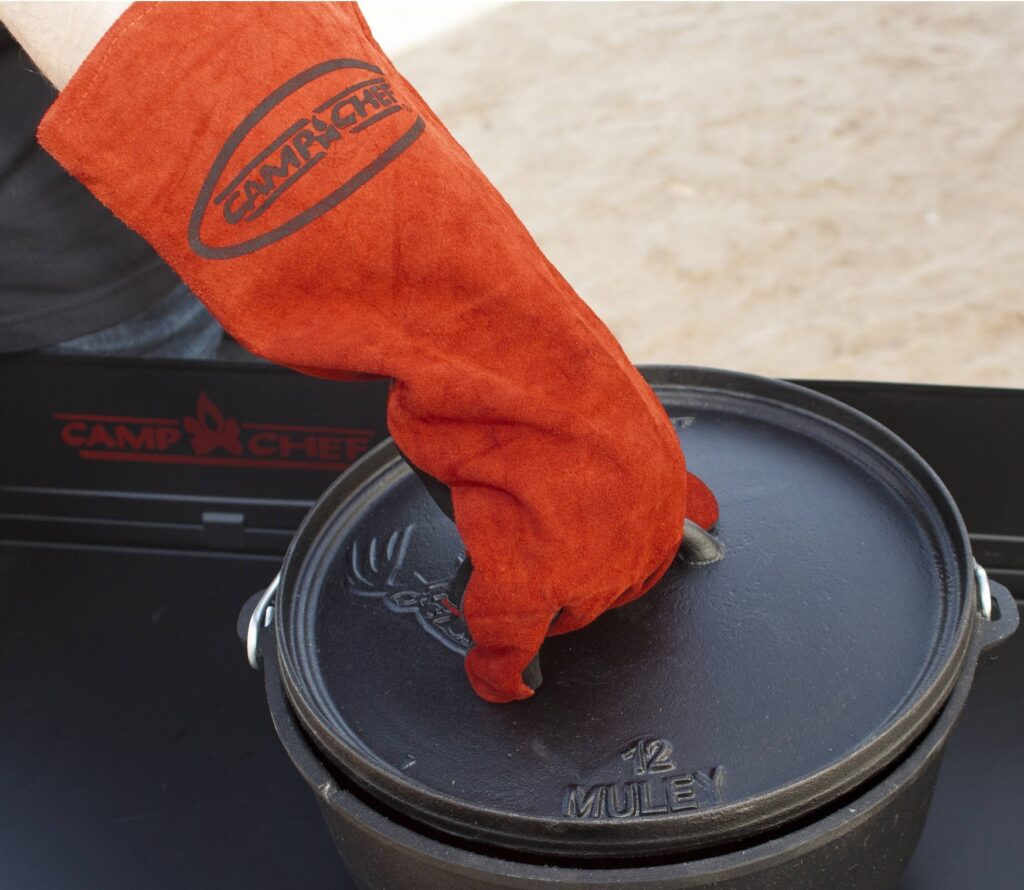
Tripod
These are used to suspend the Dutch oven over your fire. It raises the pot off the ground so it is not in direct contact with the coals. This could be used for any pot with a handle that you want to heat over a fire, not just a Dutch oven.

Stands
If you want to use your Dutch ovens at home or in area where an open fire is not allowed, there are stands and tables specially designed for use with charcoal briquettes.

Care and Cleaning
One of the great things about cast iron cooking is that the pot gets better with age if properly maintained. This is due to the ‘seasoning’ that cooking in one creates. A mistake many new users make is cleaning their Dutch oven with soap. This can completely ruin the ‘seasoning’ of the cast iron. If you don’t mind re-seasoning it, then by all means use soap. Otherwise warm water and a non-abrasive scrub pad should do the trick. Reapply a light coat of oil when done to keep the cast iron from rusting.
At summer camp in the ’80s we had to apply a coat of Crisco to the inside and outside of all cast iron at the end of the week for storage. The next time it is used, it will burn off the outside and help with the seasoning on the inside.
Liners
Some people like to use aluminum foil, aluminum pie tins or other liners like baking paper to minimize cleanup. If you chose to use one, just keep in mind that any stirring or scooping of the contents can cut or tear into the liner and end up mixed in with your food. Not to mention negate the purpose of the liner in the first place.
As a general rule I avoid lining my Dutch oven with anything and cook directly on the bare cast iron. The cleanup is not as bad as you might think.
Cookbooks
There are dozens of cookbooks on camp Dutch Oven cooking. Find one that has recipes that appeal to you.
Many of the ones I have may be out of print or been revised, but here they are:
| Title | Author | ISBN |
| Camper’s Guide to Outdoor Cooking | John G. Ragsdale | 0-8720-1626-9 |
| Cooking the Dutch Oven Way | Woody Woodruff | 0-934802-51-3 |
| Doin’ Dutch Oven Inside and Out | Robert L. Ririe | 0-88290-368-3 |
| Dutch Oven Cooking 2nd edition | John G. Ragsgale | 0-88415-224-3 |
| Let’s Cook Dutch | Robert L. Ririe | 0-88290-120-6 |
| Old Fashioned Dutch Oven Cookbook | Don Holm | 0-87004-133-9 |
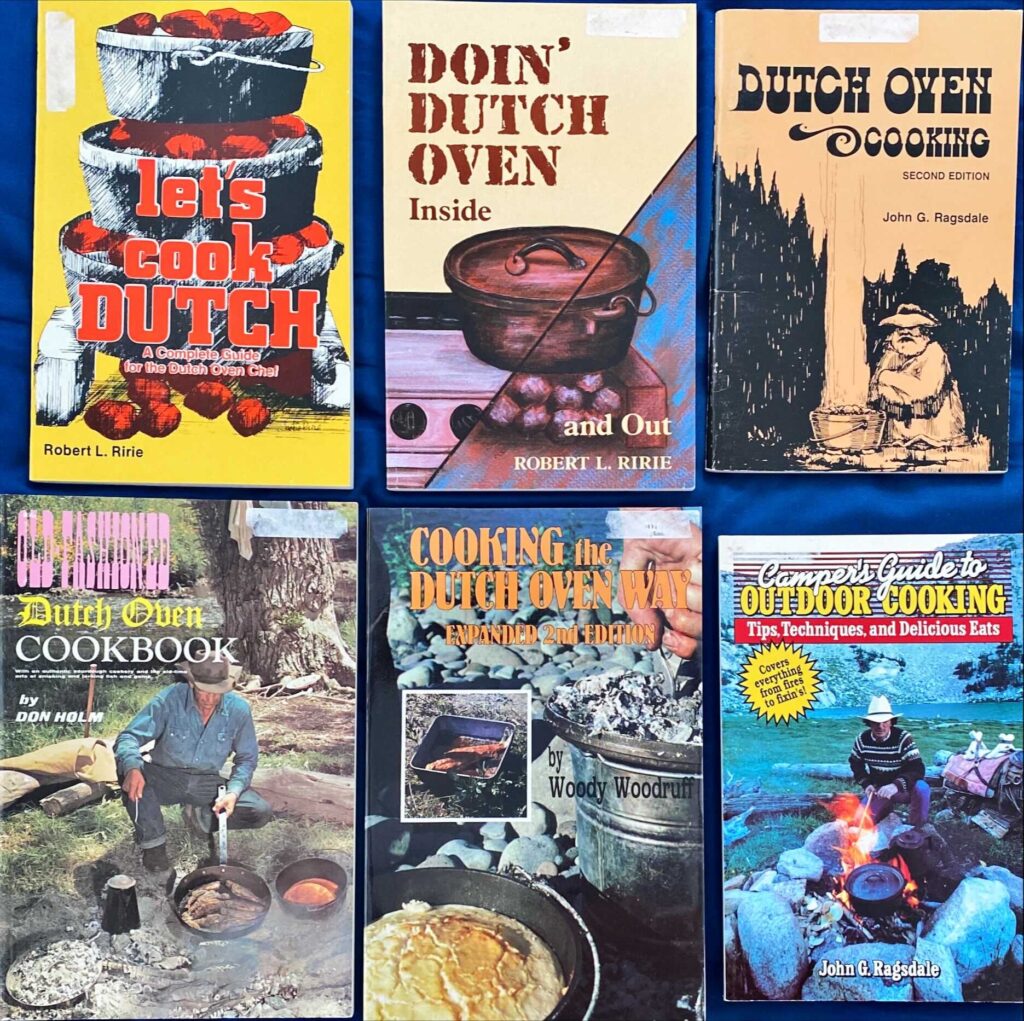
Favorite Dishes
There are so many good recipes available and so many delicious dishes you can make in a Dutch oven. Here are a few of my favorites dishes. Most of these are easy to prepare with minimal ingredients needed and I make all of these at home too.
Breakfast
- Cinnamon Rolls
- Simple and easy using a tube or two of pre-made rolls.
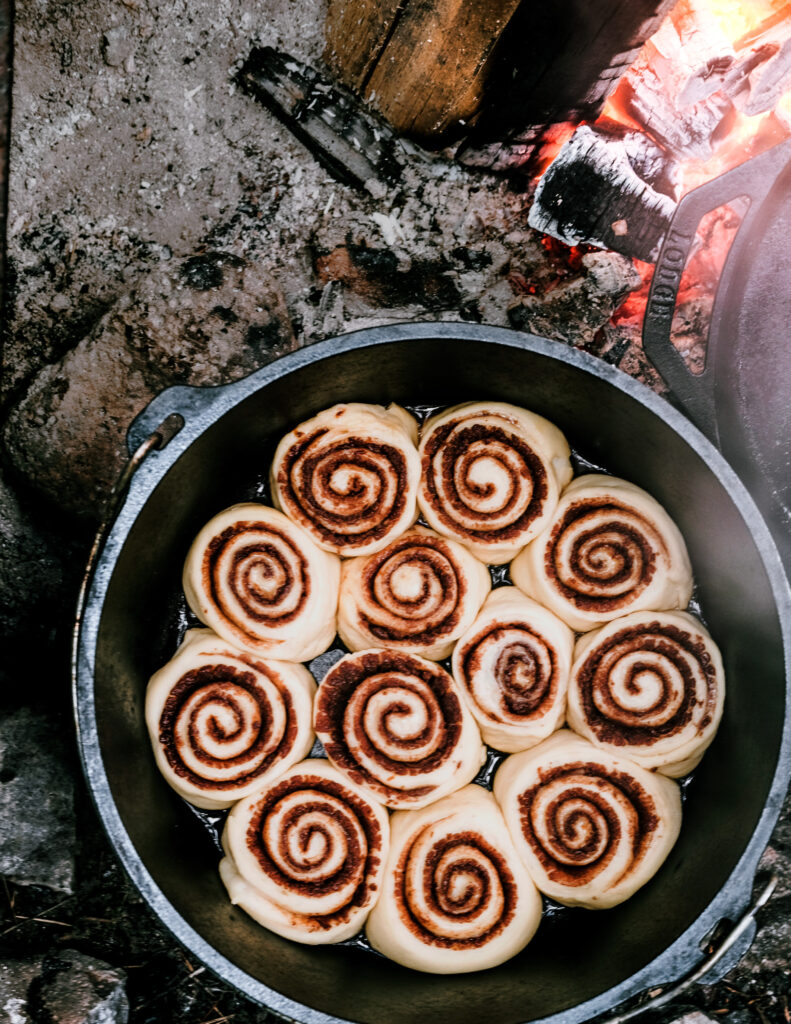
- Peach Coffee Cake
- A simple recipe combining Bisquick, canned peaches, cinnamon, brown sugar and a drizzle of icing.
- Breakfast Skillet
- For a hearty breakfast of scrambled eggs, fried potatoes, onion, bacon, ham & sausage.
- Start by frying the potatoes (diced) with the onion in a little bit of oil in the Dutch oven
- Invert the lid and use as a skillet to cook the sausage, bacon and ham.
- Dice the cooked meats and add to potatoes.
- Scramble 2 eggs per person/serving and pour the raw egg mixture in with the rest of the ingredients. Stir well and cover.
- Bake over low heat to keep egg from burning.
- Stir periodically to ensure egg mixture is cooking. Salt & Pepper to taste.
- Serve in a bowl or wrap in a tortilla shell topped with shredded cheddar cheese for a very tasty breakfast burrito.
- For a hearty breakfast of scrambled eggs, fried potatoes, onion, bacon, ham & sausage.
- Biscuits & Sausage Gravy.
- Bake the biscuits in the Dutch oven while preparing the gravy on your camp stove.
Lunch/Dinner
- Chili
- A hearty staple of cool weather. Whatever recipe you choose. You could even bake some cornbread on top if it is a thicker chili.

- Beef Stew
- Another hearty staple of cool weather that you can’t go wrong with.
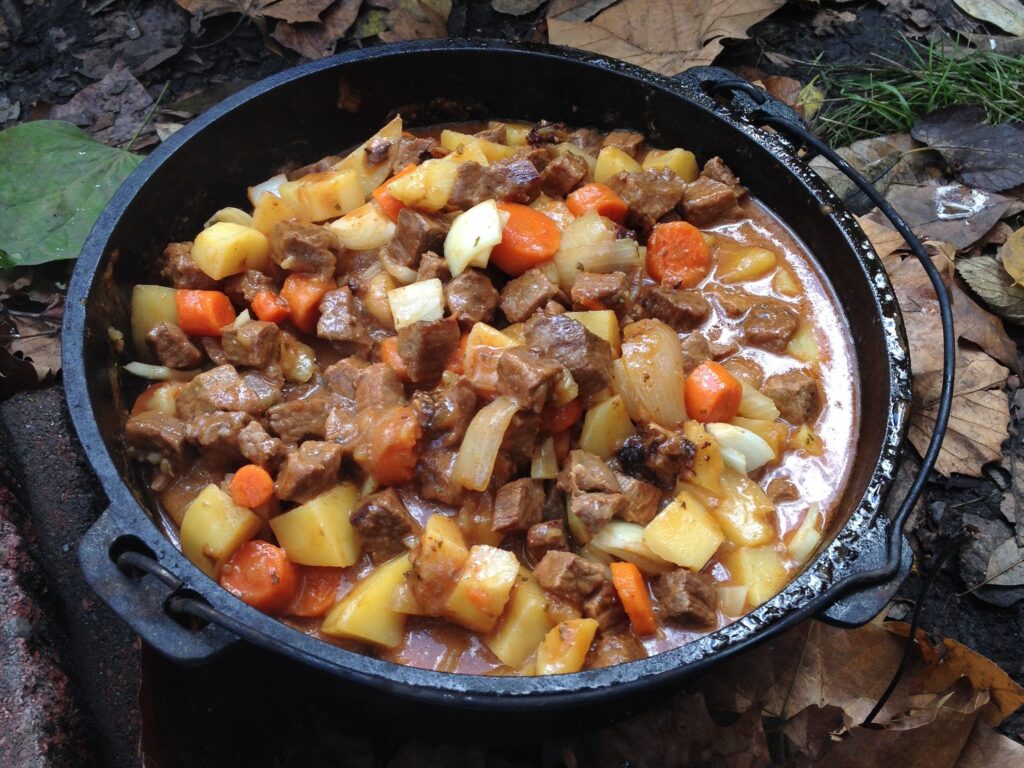
Dessert
- Fruit Cobbler (Dump Cake)
- 2-3 cans of your favorite fruit filling
- Dump a dry cake mix over the fruit filling
- I use Jiffy cake mixes for most recipes because they 1/2 the size of Pillsbury or Duncan Hines mixes although there are more flavors available from these brands.
- Slice up a stick or two of real butter on top of the cake mix
- Jiffy – 1 stick, Pillsbury/Duncan Hines – 2 sticks
- Bake until mix has turned into a golden brown crust from the butter melting into it.
- For this dish you will want more heat on the top of the Dutch oven then underneath it to keep from burning the pie filling.
Alternative Crust options
- Make a granola crumble to sprinkle over the fruit filling
- Drop Bisquick dough balls over the fruit filling
- Make the cake batter to pour over the filling
- Make a pie crust to lay over top
Combinations to try
- Cherry w/ Chocolate Cake

- Blueberry w/ White or Lemon Cake

- Peach w/ Yellow Cake

- Mixed Berry w/ White Cake
- Apple w/ Yellow Cake
- Raspberry w/ Lemon Cake
- Blackberry w/ Yellow Cake

Last Updated on February 27, 2022
